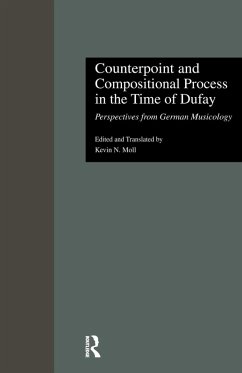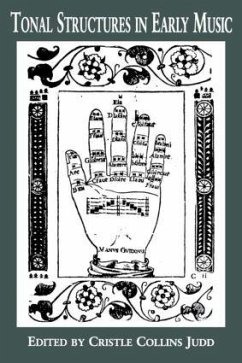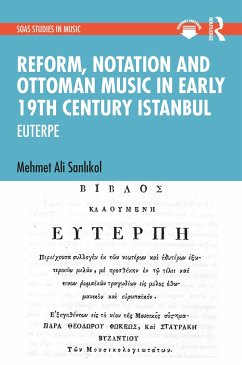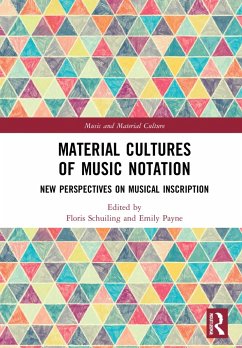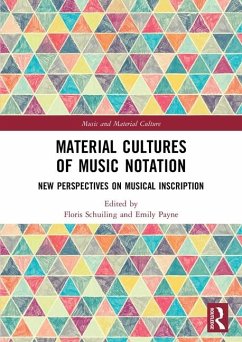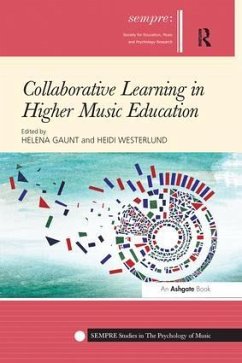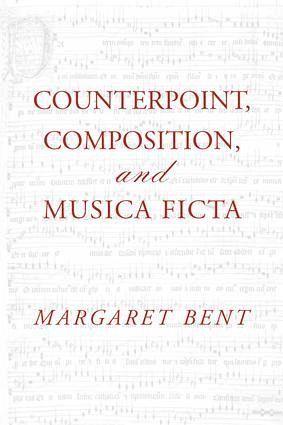
Counterpoint, Composition and Musica Ficta

PAYBACK Punkte
27 °P sammeln!
Musica ficta is the practice of sharpening or flattening certain notes to avoid awkward intervals in medieval and Renaissance music. This collection gathers Margaret Bent's influential writings on this controversial subject from the past 30 years, along with an extensive author's introduction discussing the current state of scholarship and responding to critics. Also includes 25 musical examples.






